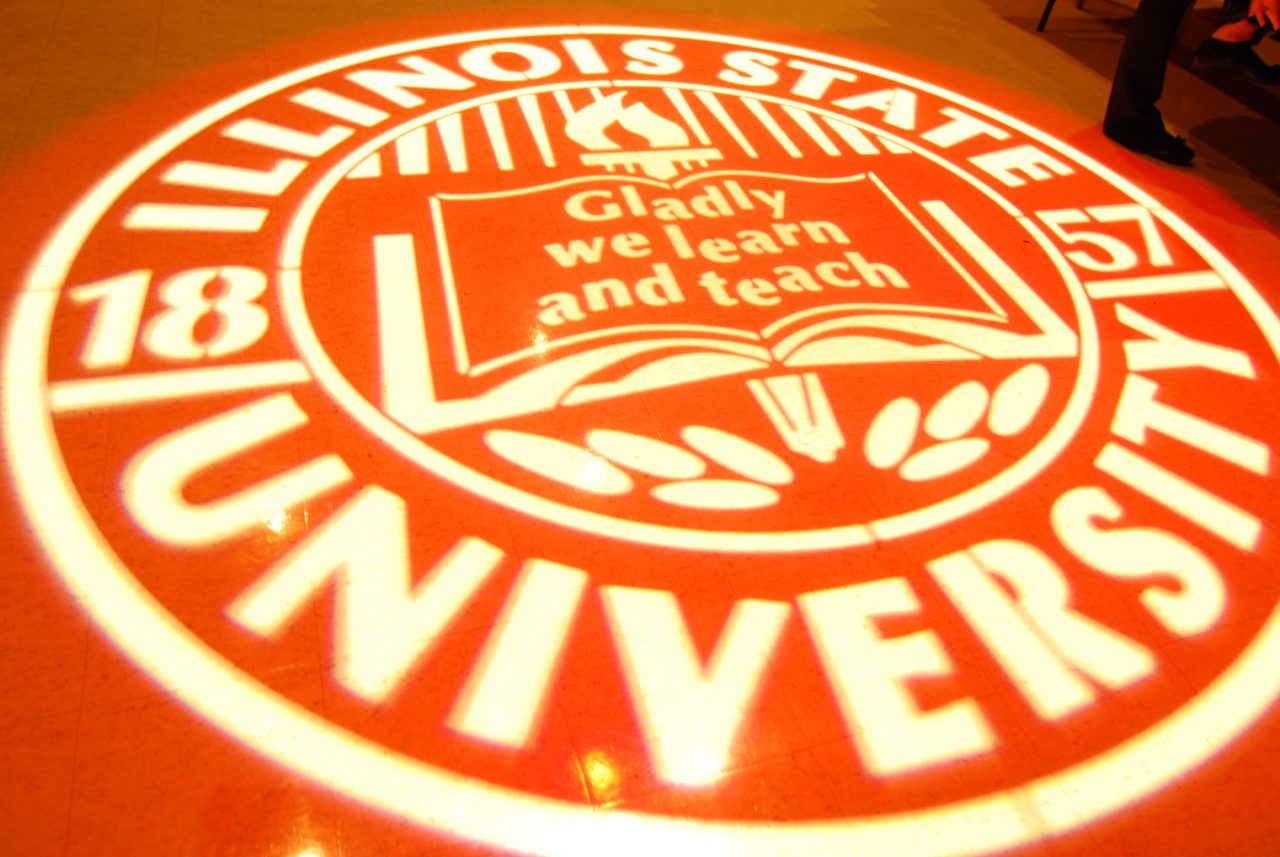Ali Riaz wants students to open their eyes and minds to the world around them. He encourages them to look beyond their own experiences and beliefs to explore the politics, cultures, religions and worldviews of others. This is essential in an increasingly globalized world, and something he sees as being at the heart of his mission as an educator.
“Whether we live in Normal or Nairobi, events that unfold in other parts of the world have a direct impact on us,” said Riaz, chair of the Department of Politics and Government. “Global events and trends – both large and small – shape our everyday lives in so many ways. Because of that, it is important that we strive for a better understanding of the forces that bring about those events.”
Riaz’s entire professional career has been devoted to studying and interpreting world events. In the early 1980s, he worked as a reporter for a daily national newspaper in his home country of Bangladesh. His experience and his degrees in communications and political science led him to be a lecturer, and eventually a professor at Dhaka University. After a five-year stint as a broadcast journalist with the BBC World Service Bengali language section, he taught at the University of Lincoln in England, and at Claflin University in South Carolina. Riaz joined Illinois State’s Politics and Government faculty in 2002 and quickly felt at home on campus.
“A unique strength of Illinois State is the openness of its campus culture,” Riaz said. “People here are eager to learn about the world around them. That eagerness, combined with the University’s strong emphasis on teaching and research, has made this an exciting experience for me. I am proud to be a part of an institution that is making a difference in the lives of students.”
Riaz teaches a number of classes including courses on Asian and South Asian politics, community development and comparative political systems. However, he feels one of the most important classes he teaches is a freshman-level general education survey course on African, Asian and Latin American politics. That course is often the first exposure students have to the politics and history of other nations. Riaz said the course is an eye-opening experience for students.
“In addition to teaching about world politics and events, I take the opportunity to emphasize the interconnectedness of today’s world and how events or movements in one country can have a global impact,” Riaz said. “The September 11th terrorist attacks are the most dramatic recent example of this concept. The conspiracy behind those attacks was rooted in long-simmering political and religious struggles going on outside the U.S. That is why it is important to have a broader understanding of world politics, cultures and religions. We must listen and understand the concerns of other nations and cultures.”
The September 11th attacks heightened global awareness of Islamic extremism and militancy, a subject Riaz has researched and written about extensively. Drawing on his scholarship and his own background as a Muslim and a native of Bangladesh, he strives to give students a clearer picture of Islam and its influence on culture and politics. “Religion plays a huge role in people’s lives, and we cannot simply dismiss how people interpret their faith,” Riaz said. “I try to provide students with a better understanding of the diversity of thought and opinion within Islam. I am continually impressed at how open the students are to learning more about world religions and cultures.”
To drive home the point about how day-to-day life is shaped by the world, Riaz encourages his students to look closely at labels. “I tell students to go to Wal-Mart and look at the labels on clothing and other products to see where they are made,” he said. “The products we buy are made by people in countries all across the globe. That realization opens the door to exploring how the global market impacts politics, cultures and the environment. Products and ideas do not stop at national borders. We all share common resources and a common world, and our actions have an impact on others.”
Riaz also challenges students to question labels. He points to “Third World,” a Cold-War era label applied to developing nations, as a prime example of an outmoded idea. “I urge students to question notions like that and look beyond the old labels,” said Riaz. “Labels like that place limits on other people and limits on our understanding of the world. We can no longer think about such a thing as a Third World that is far removed from our society. I tell students that if we maintain an open dialogue – even with those we consider to be enemies – we can produce positive change in the world. That is possible if we are willing to listen to others.”

